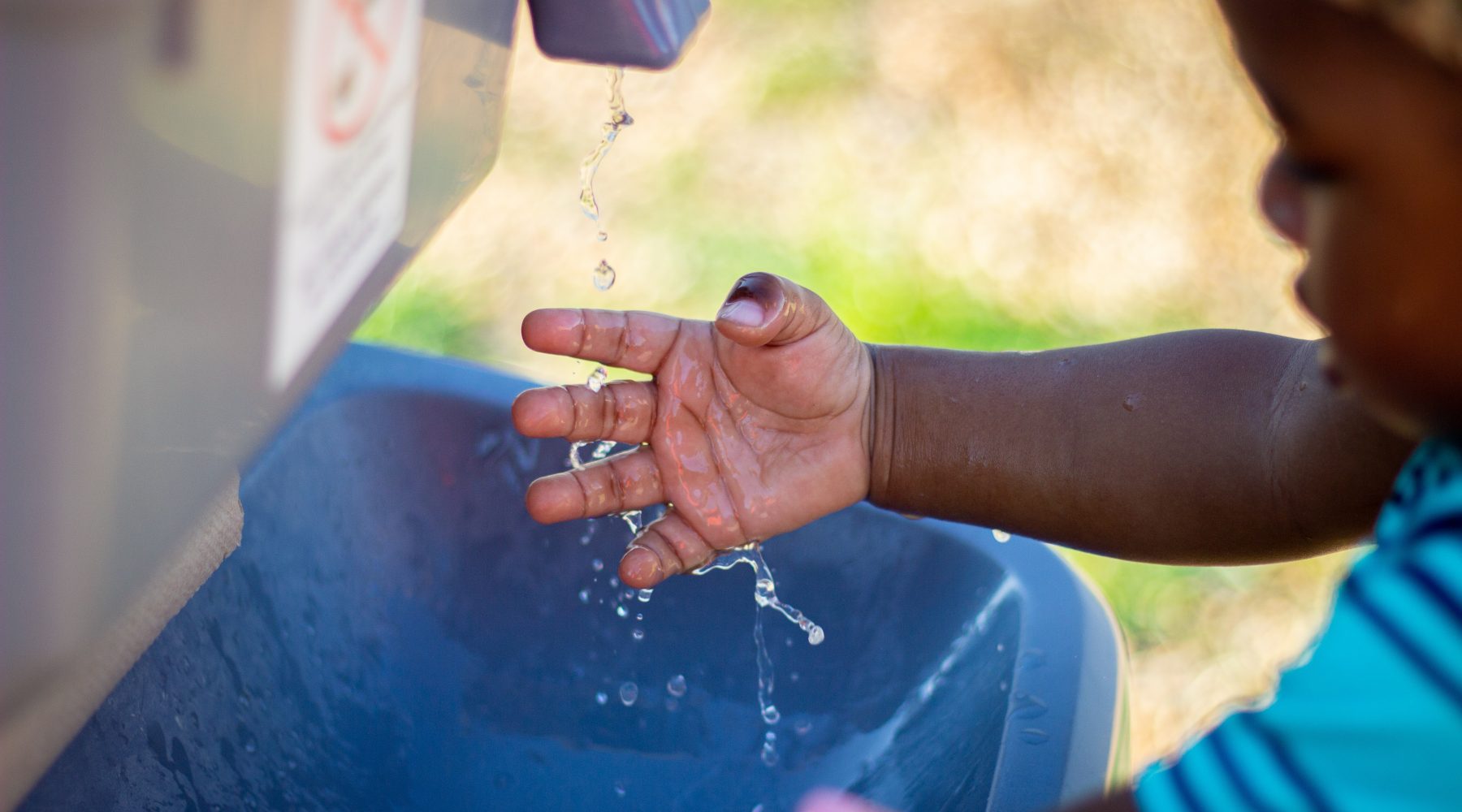Unusual spike in viral gastro in ECEC settings prompts warning from NSW Health

New South Wales Health are urging all members of the community to wash their hands and to stay at home if sick amid an unseasonal rise in viral gastroenteritis cases, the bulk of which seem to have stemmed from early childhood education and care (ECEC) sites.
A high number of gastroenteritis outbreaks at childcare centres across the state, and an increase in people seeking treatment for the highly-contagious infection at hospital emergency departments (EDs), prompted the warning, a spokesperson said.
By 17 December, 86 childcare centres had reported outbreaks of gastroenteritis to NSW Health. The usual number of outbreaks in any given month is 20. Almost 550 children and 140 staff have fallen ill during these outbreaks, NSW Health said.
More than 2,500 people have presented at EDs for treatment in the past week, almost a quarter of whom were children under the age of five. Of those who presented for support, 644 were admitted for treatment.
Manager of Enteric and Zoonotic Diseases at NSW Health, Keira Glasgow, said gastroenteritis is easily spread by direct contact with an infected person if they haven’t carefully washed their hands, especially after using the toilet or before handling food.
Given the upcoming festive season, she said, it was particularly important for everyone in the community to pay attention to hand washing to prevent the spread of infection.
“Young children often need special assistance to make sure they are washing their hands properly,” Ms Glasgow said.
The best defence against contracting or spreading infection, she continued, is to wash hands thoroughly with soap and running water for at least 10 seconds before handling and eating food, and always wash your hands thoroughly after using the toilet, changing nappies or assisting someone who has diarrhoea or vomiting.
She said that the increases in cases of viral gastroenteritis during summer are unusual in NSW, with peaks normally occurring in spring. Anyone who has been unwell with vomiting or diarrhoea should adhere to the following advice until 48 hours after symptoms have ceased, to prevent spread of infection:
- Leave Christmas food preparation to others
- Stay home from school or childcare
- Stay home from work, particularly if it involves food handling, looking after children, the elderly or patients
- Avoid visiting hospitals and aged care facilities, to protect the most vulnerable.
Viral gastroenteritis symptoms include nausea, vomiting, diarrhoea, fever, abdominal pain, headache and muscle aches. They can take up to three days to develop and usually last between one or two days, and sometimes longer.
The main treatment for viral gastroenteritis is rest and drinking plenty of fluids. Most people recover without complications but it can be serious for infants, people with suppressed immune systems and the elderly.
More information about managing viral gastroenteritis in education and care settings may be found here.
Popular

Quality
Practice
Provider
Research
ECEC in focus - Una Springwood’s intergenerational initiative brings young and old together through connection and care
2025-06-30 10:00:45
by Contributed Content

Provider
Practice
Quality
Research
Aboriginal Education Strategy drives early learning and school success in South Australia
2025-07-01 09:55:12
by Fiona Alston

Workforce
Policy
Quality
Research
Inclusive Practice Framework set to strengthen inclusion in early childhood settings
2025-06-24 11:37:00
by Isabella Southwell












